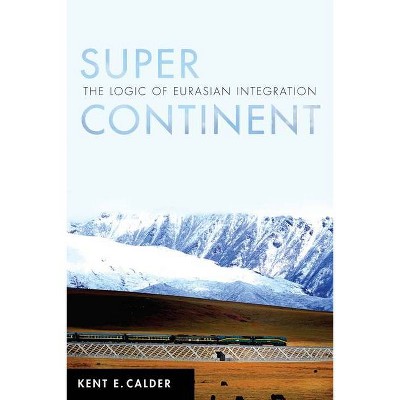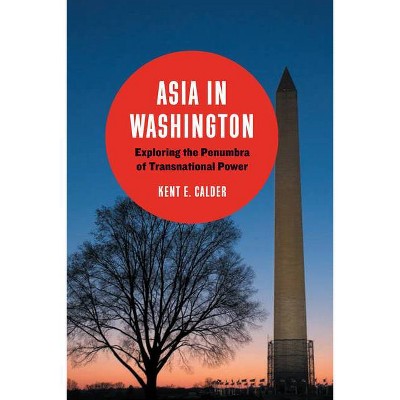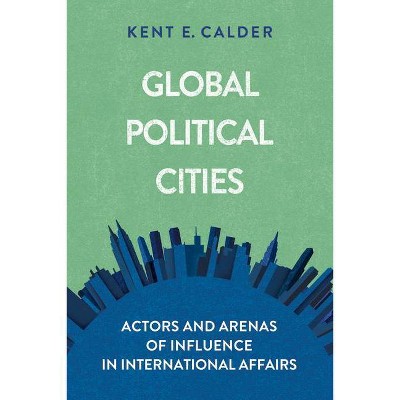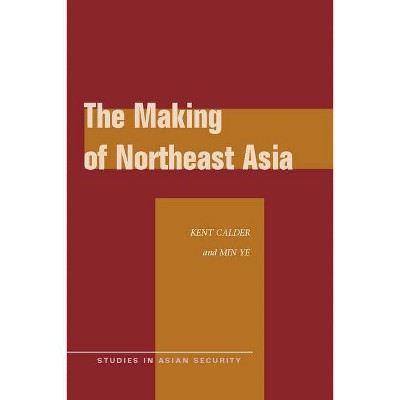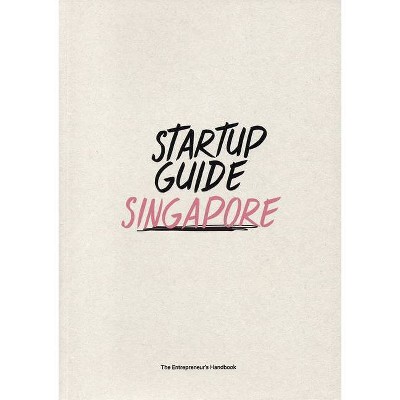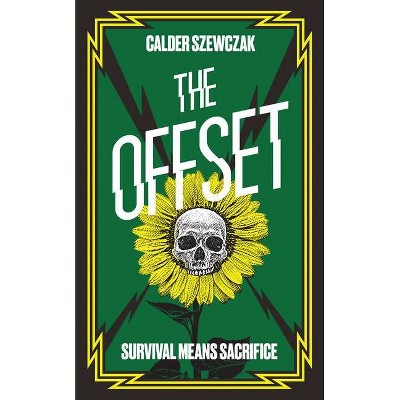Singapore - by Kent E Calder (Paperback)
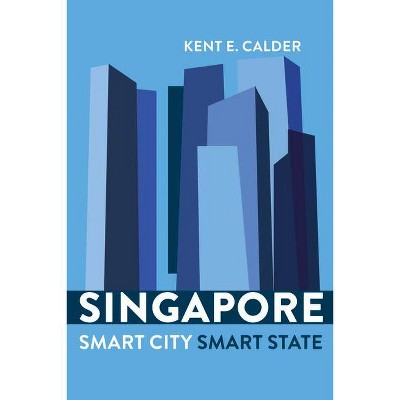
Similar Products
Products of same category from the store
AllProduct info
<p/><br></br><p><b> About the Book </b></p></br></br>"How Singapore's solutions to common problems can provide examples for other societies. Nearly everyone knows that Singapore has one of the most efficient governments and competitive, advanced economies in the world. But can this unique city-state of some 5.5 million residents also serve as a model for other advanced economies as well as for the emerging world? Respected East Asia expert Kent Calder provides clear answers to this intriguing question in his new, groundbreaking book that looks at how Singapore's government has harnessed information technology, data, and a focus on innovative, adaptive governance to become a model smart city, smart state. Calder describes Singapore as a laboratory for solutions to problems experienced by urban societies around the world. In particular, he shows how Singapore has dealt successfully with education, energy, environmental, housing, and transportation challenges; many of its solutions can be adapted in a wide range of other societies. Calder also explains how Singapore offers lessons for how countries can adapt their economies to the contemporary demands of global commerce. Singapore consistently ranks at the top in world surveys measuring competitiveness, ease of doing business, protection of intellectual property, and absence of corruption. The book offers concrete insights and a lucid appreciation of how Singapore's answers to near-universal problems can have a much broader relevance, even in very different societies"--<p/><br></br><p><b> Book Synopsis </b></p></br></br><i>How Singapore's solutions to common problems can provide examples for other societies.</i> <p/>Nearly everyone knows that Singapore has one of the most efficient governments and competitive, advanced economies in the world. But can this unique city-state of some 5.5 million residents also serve as a model for other advanced economies as well as for the emerging world? Respected East Asia expert Kent Calder provides clear answers to this intriguing question in his new, groundbreaking book that looks at how Singapore's government has harnessed information technology, data, and a focus on innovative, adaptive governance to become a model smart city, smart state. <p/>Calder describes Singapore as a laboratory for solutions to problems experienced by urban societies around the world. In particular, he shows how Singapore has dealt successfully with education, energy, environmental, housing, and transportation challenges; many of its solutions can be adapted in a wide range of other societies. <p/>Calder also explains how Singapore offers lessons for how countries can adapt their economies to the contemporary demands of global commerce. Singapore consistently ranks at the top in world surveys measuring competitiveness, ease of doing business, protection of intellectual property, and absence of corruption. <p/>The book offers concrete insights and a lucid appreciation of how Singapore's answers to near-universal problems can have a much broader relevance, even in very different societies.<p/><br></br><p><b> From the Back Cover </b></p></br></br>Nearly everyone knows that Singapore has one of the most efficient governments and is among the most competitive advanced economies in the world. But can this unique city-state of some 5.5 million residents serve as a model for other advanced economies as well as for the emerging world? Respected East Asia expert Kent Calder provides clear answers to this intriguing question in his new, groundbreaking book. <p/>Calder describes Singapore as a laboratory for solutions to problems experienced by urban societies around the world. Through information technology and sophisticated data collection and analysis, and with a focus on innovation and adaptive governance, Singapore has dealt successfully with education, energy, environmental, housing, and transportation challenges. It has become a model smart city, smart state. And many of its solutions can be adapted for other societies. <p/>Singapore consistently ranks at the top in world surveys measuring competitiveness, ease of doing business, protection of intellectual property, and absence of corruption. But there are caveats: the city-state comes in at only partly free in the Freedom House democracy rankings and like many other developed nations, faces growing inequality. <i>Singapore: Smart City, Smart State</i> addresses these deficits while also offering concrete insights and a lucid appreciation of how many of Singapore's answers to near-universal problems can have a much broader relevance, even in very different societies.<p/><br></br><p><b> About the Author </b></p></br></br><b>Kent E. Calder</b> is director of the Reischauer Center for East Asian Studies at the School for Advanced International Studies (SAIS) at Johns Hopkins University and 2016 Rajaratnam Professor of Strategic Studies at RSIS, Nanyang Technological University, Singapore. He taught for twenty years at Princeton University, where he is an emeritus faculty member, while serving also as special adviser to the U.S. Ambassador to Japan (1997-2001) and Japan Chair at the Center for Strategic and International Studies (1989-93 and 1996). Calder has also taught at Harvard University, Seoul National University, and the University of Yangon, Myanmar.<br>
Price History
Price Archive shows prices from various stores, lets you see history and find the cheapest. There is no actual sale on the website. For all support, inquiry and suggestion messages communication@pricearchive.us
